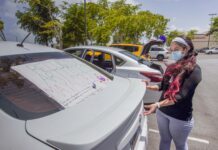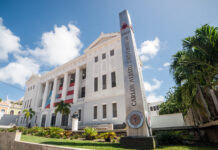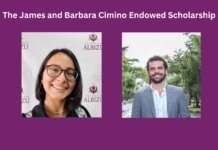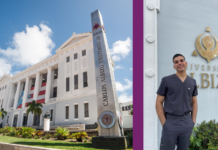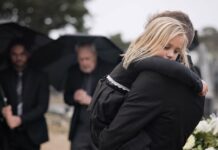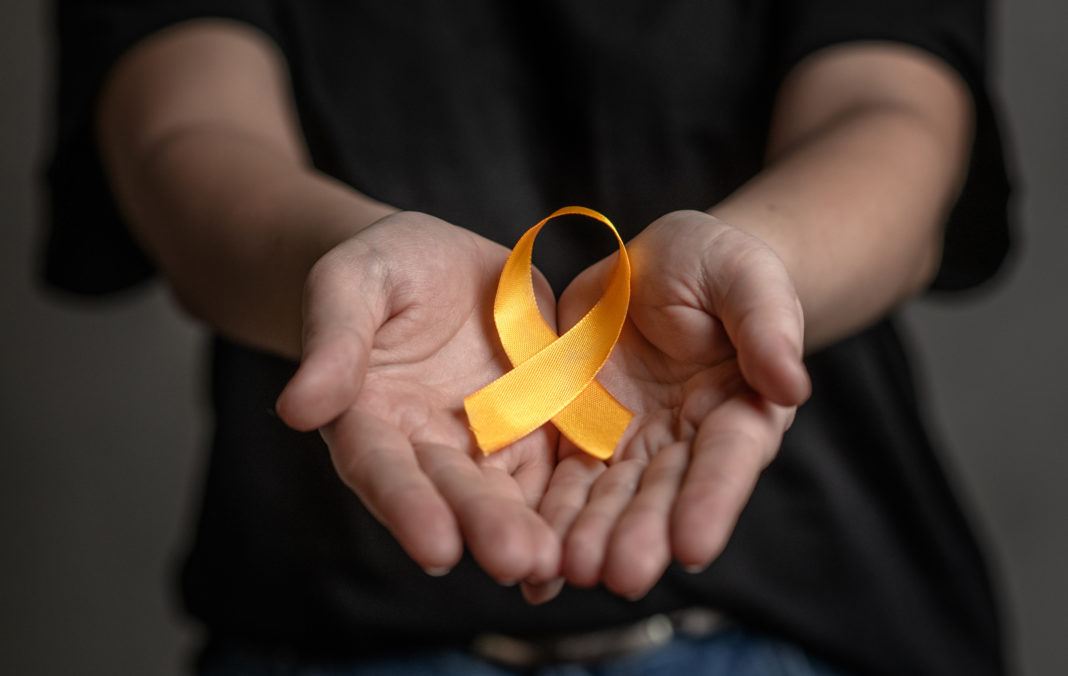A
mid the U.S. government’s decision to create a specialized hotline dedicated to those at risk of suicide or experiencing suicidal ideation, the reception of the public at large has been one of collective approval and praise for the novel initiative. This is undoubtedly a step in the right direction to better serve our citizens nationally as well as for underserved communities with little to no access to mental health services. The number 988 is rapidly becoming ingrained and internalized by Americans of all backgrounds as the go-to emergency service for those experiencing feelings of despair, hopelessness, and self-harming ideation, whether ultimately life-threatening or not. The “911” of mental health offers hope and promotes resilience by connecting those suffering with qualified crisis professionals meeting a minimum educational requirement to answer the calls on the other side of the hotline.
With post-pandemic rates of anxiety, depression, substance use disorders-among other mental health issues- rapidly becoming apparent at the national level, this is an impactful move that aims to transform the way we view and go about treating profound mental health issues in our nation. Invariably there is always more to be done – more that ought to be done. Institutions of higher education all over the country are taking the necessary steps to address mental healthcare within their populations, many corporations are following in these steps, and the overall paradigm appears to be at a crucial point that is slowly yet significantly tilting towards the known fact that mental healthcare is quintessentially and inseparable from what we have so long held to constitute healthcare.
On that note, it’s worth highlighting some tools that are currently available for both emergency and crisis situations, as well as a form of preventative medicine with the goal of averting a crisis.
- The 988 Suicide & Crisis Lifeline. Available 24/7, in English and Spanish, the Lifeline offers free and confidential support for individuals in distress and crisis. People can also call the 988 Lifeline to obtain resources for themselves and their loved ones. Their website has resources tailored to diverse populations, including ethnic/racial and gender/sexual minorities, neurodivergent populations, and veterans. You can access it here: https://988lifeline.org
- Línea PAS. The PAS Lifeline is available for Puerto Rico residents, 24 hours a day, 365 days a year. It offers crisis counseling and emotional support, preliminary screening at the psychosocial level, coordination of psychiatric and psychological evaluation, tele-health links and referrals. The PAS Lifeline also assists individuals with suicidal behavior and other mental health problems such as: depression, domestic violence and anxiety disorders. To access it, call 1-800-981-0023 or visit: https://lineapas.assmca.pr.gov/
- SAMSHA’s National Helpline. The Substance Abuse and Mental Health Service Administration (SAMSHA) provides a free, confidential, 24/7 hotline focused on treatment referral and information for individuals facing mental and/or substance use disorders. The hotline is available in both English and Spanish and can also be accessed by family members and loved ones of those experiencing mental health issues. To access it, call 1-800-662-HELP (4357). SAMSHA’s website also provides an online treatment locator, which consists of a confidential and anonymous directory for those seeking treatment facilities for substance use and/or mental health issues across the US and its territories. You can access it here: https://findtreatment.samhsa.gov
- The National Substance Abuse Hotline. The National Rehab Hotline offers free and confidential 24/7 assistance for anyone experiencing substance use or a mental health crisis. This hotline can be used by loved ones as they provide treatment suggestions, immediate interventions, and information regarding local resources. The phone number is 1-866-210-1303. Their website also offers a directory of resources organized by state. You can access it here: https://nationalrehabhotline.org
- Crisis Text Line. Those ambivalent about calling or who prefer to text may access the Crisis Text Line by texting HOME to 741741 and connect with a crisis counselor. This line is secure, available 24/7, and it can also be accessed via WhatsApp on their official website: https://www.crisistextline.org. This site also provides resources regarding several public health crises related to mental health issues, including gun violence and the COVID-19 pandemic.
- The NAMI HelpLine. The National Alliance on Mental Illness (NAMI) offers a helpline that is available via a call from Monday through Friday, from 10:00 a.m. to 10:00 p.m. (ET) at 1-800-950-NAMI (6264) or via text by sending “HelpLine” to 62640. You can also chat with them through their website, which offers a wide array of resources about mental illness, including free directories, online discussion groups, and a guide to finding your local NAMI: https://www.nami.org/help
- 211. Individuals can call 211 to access essential community services, including mental health information, food resources and programs, and resources tailored to immigrant populations.
- Veterans Crisis Line. This resource is confidential, free, and available to all veterans and their loved ones. To access it, you can dial 988 and then press 1. You can also text 838255 or chat online on their website: https://www.veteranscrisisline.net. This site also offers a directory with local resources and a support network for veterans, family members, and friends.
- The National Domestic Violence Hotline. This hotline is free, confidential, and available 24/7 in English, Spanish, and 200+ languages through interpretation services. Their hotline can be accessed via phone call at 1-800-799-SAFE (7233) or by texting “START” to 88788.
- The Trevor Lifeline. Sponsored by the Trevor Project, this hotline offers 24/7, confidential, and free support to LGBTQ youth. The hotline can be accessed via phone at 1-866-488-7386 or text “START” at 678-678. Individuals can also chat with crisis counselors at their site: https://www.thetrevorproject.org/get-help/
- National Sexual Assault Hotline. Sponsored by RAINN, the nation’s largest anti-sexual violence organization, this hotline is confidential and available 24/7. Individuals can call 1-800-656-HOPE (4673) or chat online at http://online.rainn.org./
- National Association of Anorexia Nervosa and Associated Disorders Helpline. This resource is available for anyone experiencing an eating disorder, including anorexia, bulimia, and binge eating. The helpline is free and can be accessed via call at 1-888-375-7767.
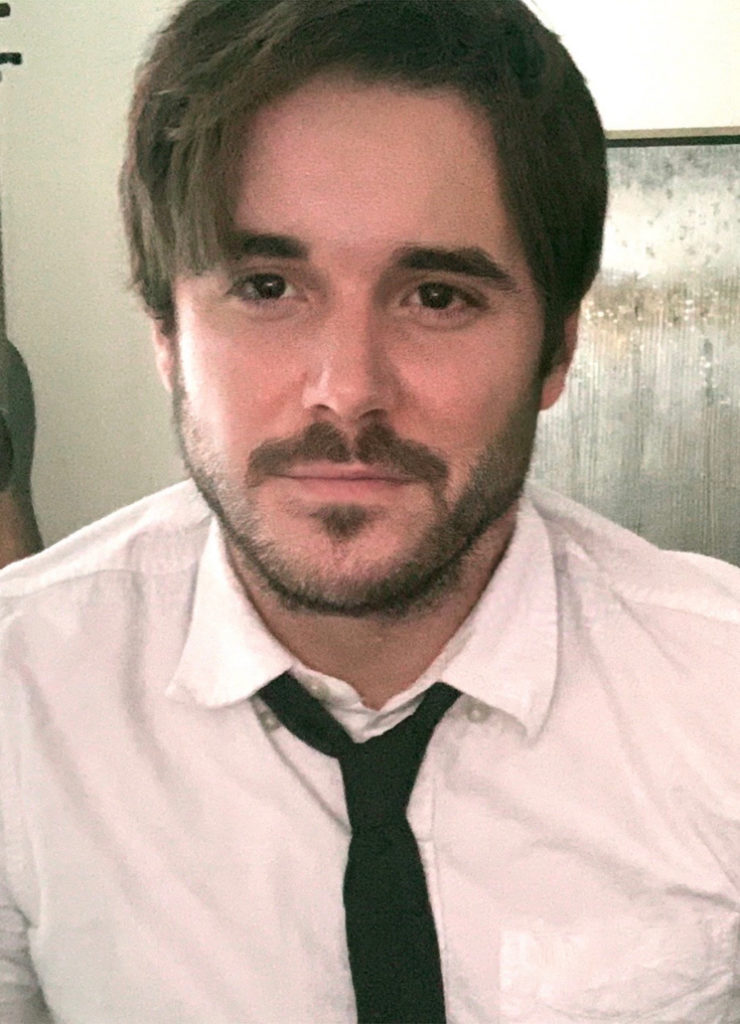
Authors’ Bios
David Benitez, M.S. is a third-year Psy.D. student pursuing a clinical psychology doctorate with a concentration in neuropsychology at Albizu University-Miami Campus. At AU, he serves as President of the Neuropsychology Society, President of the Division of Clinical Psychopharmacology, and Institutional Academic Board Student Representative. David is the newly elected Student Representative for the APA’s Society of Prescribing Psychology (Div. 55), Vice-Chair of the American Academy of Clinical Psychology-Division of Graduate Students (AACP-DGS), and Past Chair of the Florida Psychological Association of Graduate Students (FPAGS). He also serves as a Student Representative for Albizu University’s Association of Neuropsychology Students and Trainees (ANST), sponsored by the APA’s Society of Clinical Neuropsychology (Div. 40), and is Co-chair of the Higher Education working group of the APA’s Interdivisional COVID-19 Taskforce. David has clinical experience working in outpatient and in-patient settings with a wide arrange of populations, including pediatrics, adults, and geriatrics. Among clinical presentations, he has worked predominantly with patients with traumatic brain injuries (TBIs), dementia, and other neurocognitive disorders.
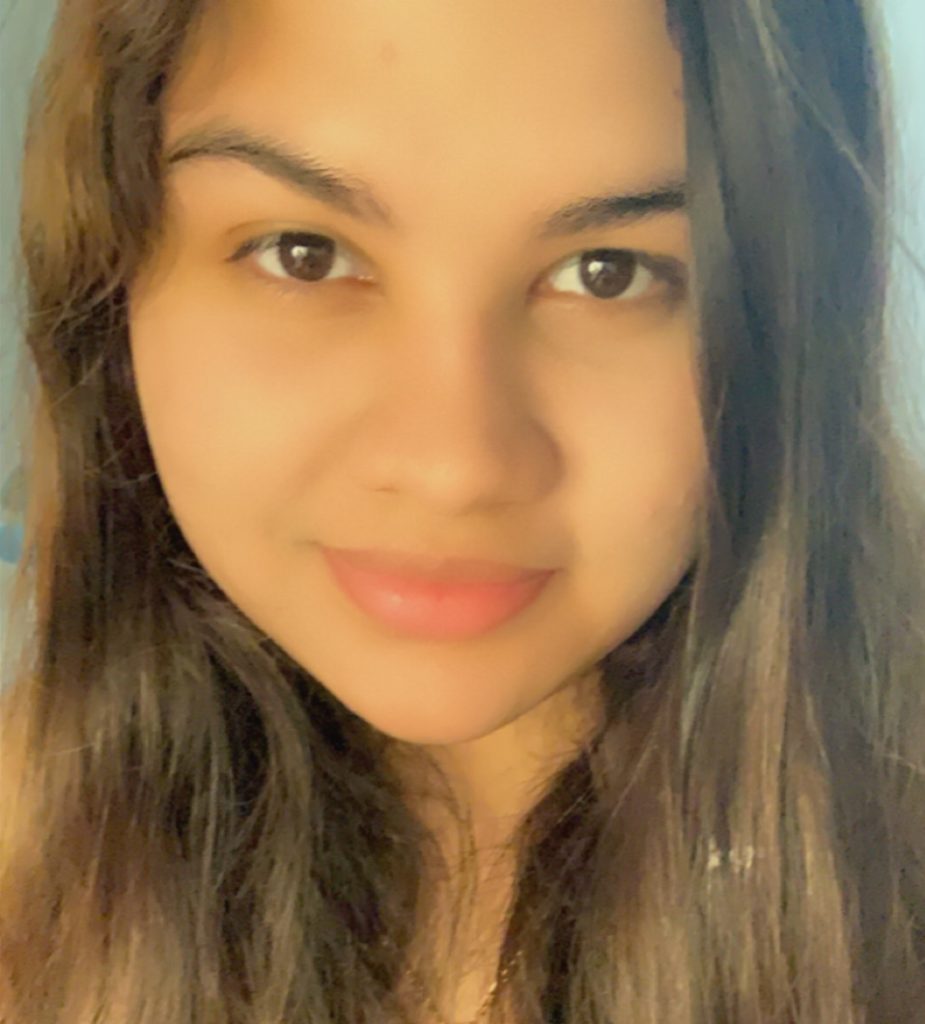
Rita M. Rivera, MS, CTP, is a clinical psychology resident at Duke University and is pursuing a Psy.D. with a concentration in neuropsychology at Albizu University-Miami Campus. She is a Certified Trauma Professional by the International Association of Trauma Professionals (IATP) and a Certified Crisis Worker by the American Association of Suicidology (AAS). Rita is the Chair of the American Academy of Clinical Psychology-Division of Graduate Students (AACP-DGS), Student Representative for the APA’s Society of Group Psychology and Group Psychotherapy (Div. 49) and Past Chair of the Florida Psychological Association of Graduate Students (FPAGS). Rita is also Co-chair of several working groups of the APA’s Interdivisional COVID-19 Taskforce, including the Higher Education working group, and a member of the student committees of the Hispanic Neuropsychological Society and the National Latinx Psychological Association. She is a writer for APA’s Society of Counseling Psychology (Div. 17)-SCP Connect Team and her Psychology Today blog, “Physio & Psych.” Her areas of interest include fields that explore the relationship between physiology and mental health, particularly among minority and underserved populations. Rita has clinical experience working with Hispanic/Latinx, trauma, and high-risk populations both in the United States and in her home country, Honduras.




